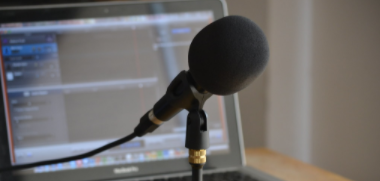
AI Occupational Exposure score unavailable For more insight, research the specific tasks and skills required for the role.
Explore all careersRadio broadcasters present news and stories, conduct interviews, manage music playlists, and prepare scripts while balancing on-air and off-air duties.
Get qualified to work as a Radio Broadcaster with a course recognised across Australia. Speak to a training provider to learn more.
While there are no clear figures for the salaries of radio broadcasters in Australia, you can expect a salary upwards of $1,500 per week ($78,000 annually).
 Courses.com.au Team
Courses.com.au Team
There are approximately 2,460 radio presenters, journalists and broadcasters employed in Australia right now. However, an emerging opportunity for skilled radio broadcasters is to start your own podcast or streaming channel and make money through advertising and sponsorship opportunities.
 Courses.com.au Team
Courses.com.au Team
Radio Broadcasters need excellent communication skills and must be able to articulate their ideas clearly and confidently. A knowledge of current events is also important. Get started in this competitive career by completing the Diploma of Screen and Media and taking voice elocution lessons. You’ll also benefit from supporting qualifications in journalism and sound production.
Source: Australian Government Labour Market Insights 2023
 Courses.com.au Team
Courses.com.au Team



Radio broadcasters present news, stories, and interviews over the radio. They play and queue music, make community announcements, interview guests, introduce music artists and live performances, and co-ordinate commercial messages.
As a radio broadcaster your time will be balanced between on-air and off-air time. When you’re not broadcasting, your time will be spent researching stories, preparing scripts and dialogue, scheduling guests, attending promotional functions, and preparing playlists. At smaller radio stations you may also have to secure advertising and sponsorship opportunities.